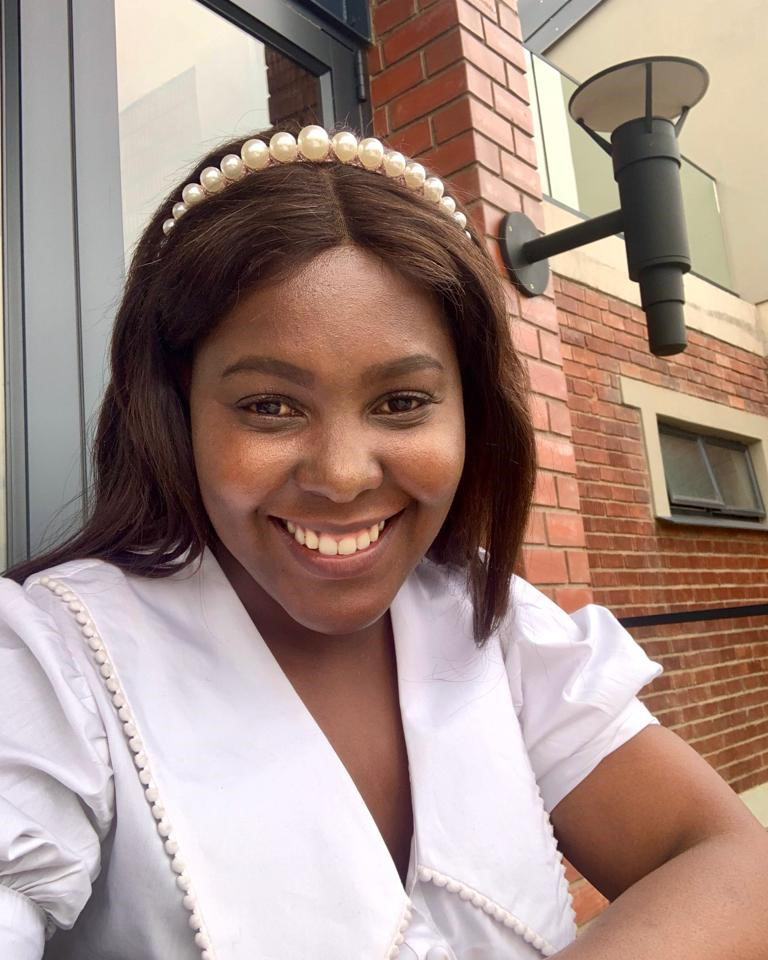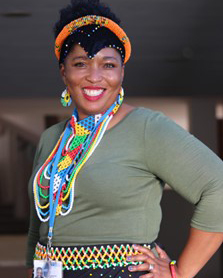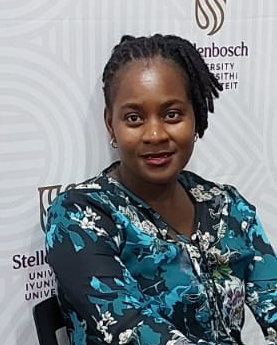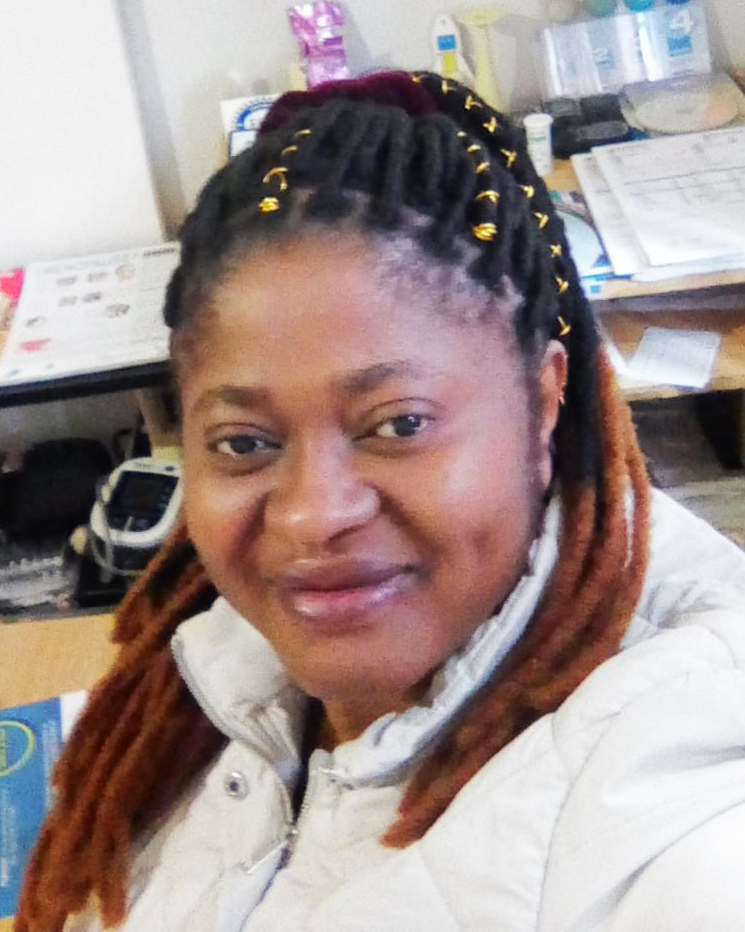THIS YEAR five of the Africa Centre’s students graduated with an MPhil in HIV/Aids Management. In line with global trends in concentrating on key and vulnerable populations in the fight against HIV/Aids, the research topics of all the graduates focused on the youth or young women.

Sanah Bucibo zoomed in on the Amajuba district in KwaZulu-Natal, where Aids is the leading cause of death among young women between the ages of 18 and 24: “I wanted to understand whether these women are aware of the availability of oral pre-exposure prophylaxis (PrEP) as part of HIV prevention and to gain insights into the barriers to and concerns about oral PrEP among them.” With plans to commence with a PhD in 2024, Sanah is currently applying for scholarships.
Staying with PrEP, Hope Mabaso looked at healthcare service providers support for the implementation of HIV PrEP among adolescent girls and young women (AGYW) as a key population in implementing facilities in Soweto.
Makhosazane Ntombela explored young people’s perceptions about participation in HIV edutainment in the Umkhanyakude district in KwaZulu-Natal. “Despite HIV awareness campaigns and edutainment, young people are still vulnerable. Through my research I wanted to find new ways to engage young people on the topic.”
Being forced to delay data collection due to Covid-19 lockdowns as well as time management (being a wife, mother and employee) posed a significant challenge with Makhosazane’s studies. Today, she couldn’t be happier that she persevered. “Completing my MPhil shows that nothing is impossible if you put your mind to it,” she said with pride. “I’m now well-equipped to make a difference in communities and the qualification will open doors for me in my career.”
Eunice Tshiakambila’s topic was the contribution of sex education as a strategy for the prevention of pregnancy and sexually transmitted infections (STIs) among female adolescents in Dunoon, Cape Town. She explored why pregnancies and STIs remain prevalent among schoolgirls despite sex education at schools, and what can be done to bring down the statistics. Apart from publishing her research and hopefully continuing her studies, Eunice’s goal for 2024 is to find a position where she can put her knowledge to work and initiate HIV/Aids policies that support patients as well as health practitioners.
With a background in education, Chipo Zininga’s research focused on key considerations in designing a student-centred HIV/Aids course curriculum for a community-based college in Cape Town. “I wanted to investigate how we can improve the quality of health education for school leavers in townships,” she said.
Going forward, Chipo wants to gain further experience in health education with the aim to better understand how low-resource communities can be assisted to improve their knowledge on basic health issues and to be equipped for job opportunities. In the context of the latter, her studies confirmed that some of the teaching material used for vocational training are already suitable to help students pursue sensible careers.
For anyone interested in enrolling for the MPhil programme, these graduates have a clear message about the benefits and rewards. Chipo highlighted being equipped to holistically deal with all the challenges that are brought about by HIV/Aids and opportunities to address and manage these. For Eunice, the overall learning journey – including how to write a research project – was very rewarding.
Completing the degree will nevertheless require hard work and commitment, and there are many challenges. According to Makhosazane, patience, perseverance, time management, as well as maintaining good relationships with your supervisor and fellow students are critical. For Sanah, the proposal stage, finding a theoretical framework, academic writing and data analysis were some of the most challenging aspects. In her words: “If you’re considering enrolling, I say go for it. Find a subject you are passionate about, identify a gap. The university is there to support and guide you throughout your studies.”
We’re looking forward to learning more about how and where these graduates will apply their new knowledge and skills!

Sanah
Bucibo

Makhosazane
Ntombela

Chipo
Zininga

Eunice
Tshiakambila

Hope
Mabaso
